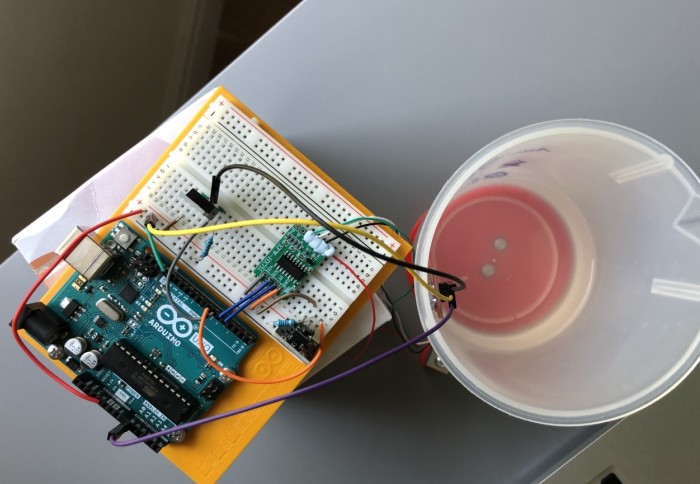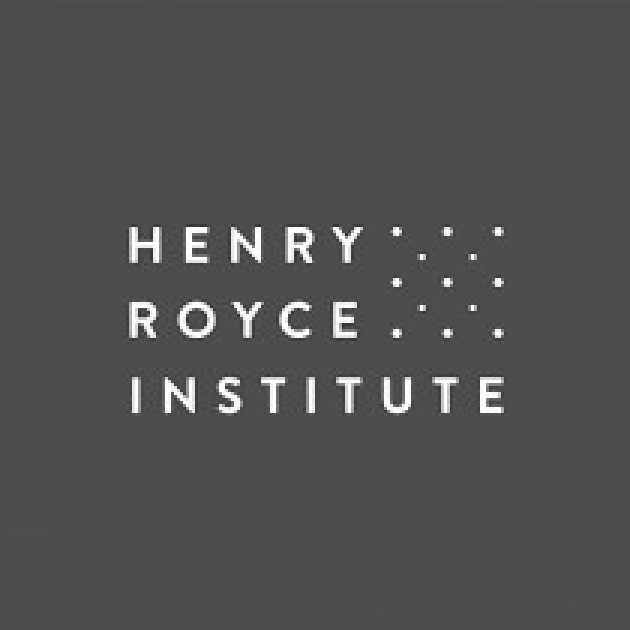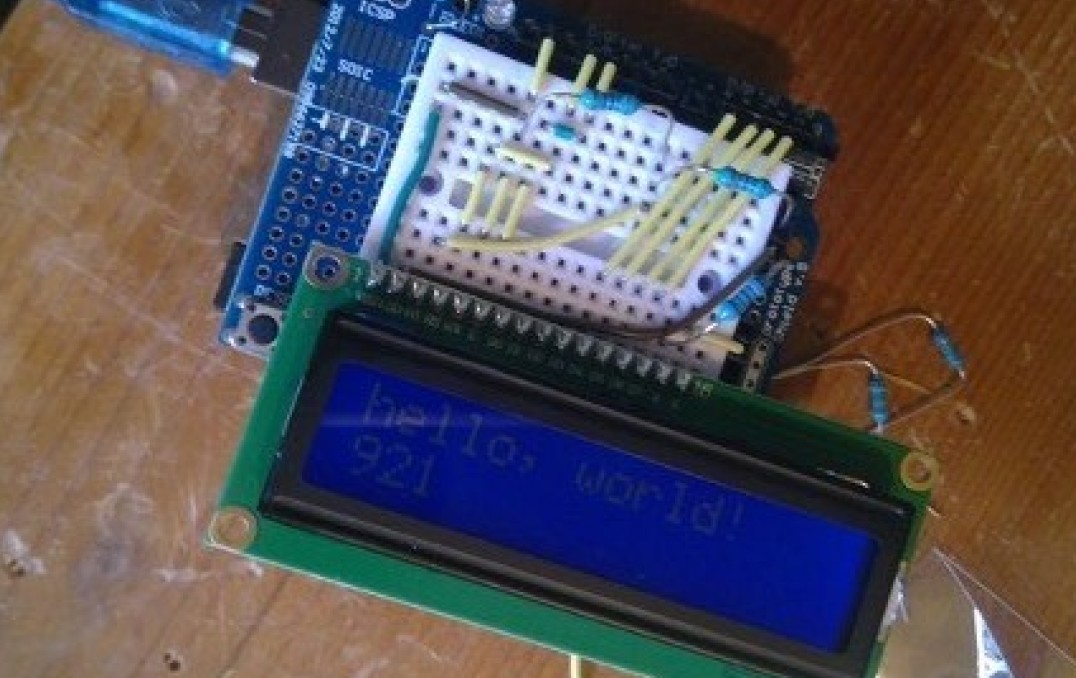Materials staff and students create lab-in-a-box projects for home learning

A staff-student team in the Department of Materials have created portable lab projects that can be posted to students learning from home.
The portable projects were developed as part of the 'multi-mode' learning experience for students, which was introduced in response to COVID-19.
Students have been welcomed back to campuses, but social distancing guidelines will mean a 'multi-mode' teaching approach was introduced to allow a combination of both on-campus (in-person) and remote learning (online) for Autumn Term.
This has resulted in a bigger project than was initially planned; with the help and funding from the Henry Royce Institute, the project has expanded to encompass Outreach and Public Engagement activities to be carried out safely during the pandemic.
Everything in a box
The Materials Department has faced a new challenge to adapt materials characterisation lab experiments for students currently studying away from campus. This has called for the expertise and creativity of our staff and students, with the result being a new 'lab in the box' project.
Dr Eleonora D'Elia led the creation of the concept, alongside, Mr Enrico Manfredi-Haylock and Dr Ben Britton. Co-ordinated by Dr Amy Nommeots-Nomm (Research and Development Manager for Royce at Imperial), three undergraduate students led the design and test of a toolkit for ‘at home’ material property characterisation, as part of their summer internship.
The student's internship focused on creating a platform which was targeted to university students but could also be used for community outreach. The students worked to make the instruction scripts accessible for school students and communities, producing a series of videos to explain to the audience how to reproduce the experiments at home or in a class.

The 'lab in the box' will be sent to first-year students to support remote teaching. The box contains 36 items, including many of the items used by first-year undergraduate students while studying in the lab. This includes a sensor kit, power supply, jump wires and a mini-microscope. The placement students, worked to ensure these resources could also be shared with teachers and pupils to carry out experiments on materials science outside of a university context, to breach the current gap in the schools' curriculum.
The users of the box will be able to use the equipment to conduct experiments which deepen their knowledge of Materials characterisation, including Thermal conductivity, Electrical Conductivity, Density and hardness of materials.
Student expertise
Satvik Agarwal, Meryem Lamari and Abhinav Rajendran played a key role in the development of the 'lab in a box', bringing their own perspective to the projects and adapting experiments to suit the needs of the first-year students.
The students completed the tests in their own homes over a 6-week period.
It was fascinating to push the boundaries of what can be achieved at home with an Arduino, some sensors and a little bit of imagination. Abinhav Rajendran
Meryem Lamari, a fourth-year student in the Department, explained their task:
"This project consisted of creating devices using Arduino and other circuitry elements such as MOSFETs, LCD screens, breadboards and sensors to replace materials characterization tools that would normally be readily available in laboratories."
As a result, the students developed lab scripts and step-by-step videos for three experiments to guide students on how to conduct each of them from home successfully.
Abinhav Rajendran, a second-year student in the Department, said "the sheer number of sensors that were included in the kit enabled a plethora of experiments to be made, ranging from proving the wave nature of light to measuring the rheological properties of household fluids.
It was interesting to test out many combinations of sensors, and although some experiments died in the planning stage, the ones that did eventually materialise made this such a rewarding process."
Dr Ben Britton, a Reader in the Department comments “It was inspiring to see Abinhav, Meryem and Satvik working together with a team, across our virtual platforms to come together, learn new skills, and create coherent materials that we will use for many years to come.”
Inspiring Outreach activities
With many schools currently teaching remotely or with social distancing measures, Dr D'Elia has explained that the 'lab in a box' project will be used to inspire the next generation of Material Scientists and provide deeper knowledge to communities about this us but often unknown subject.
Dr D'Elia said, “the incredible work carried out this summer by our talented undergraduate students has provided the Materials Department with an interactive, complete and inventive kit that will be used in schools to get school communities closer to Materials Science and Engineering, it is such a great outcome in such difficult circumstances!"
The outreach aspect of this project highlights that the Department can blend University training with our wider aim of inspiring the public to understand and enjoy science in the real world. The Department of Materials at Imperial is a member of the Discover Materials grouping who will use these resources to deliver outreach across the UK and beyond.
Supporters

Article text (excluding photos or graphics) © Imperial College London.
Photos and graphics subject to third party copyright used with permission or © Imperial College London.
Reporter
Kayleigh Brewer
Department of Materials


